Shang Juncheng kept the only torch of Chinese men’s tennis alive at the Shanghai Masters.
When the last ball dropped, the whole Qizhong Tennis Center stadium exploded with roaring cheers. The 20-year-old Shang Juncheng tightly clenched his fists, having just beaten top-10 player Khachanov 7-6, 6-3, marking a historic milestone in his career. This was a moment he had long awaited.
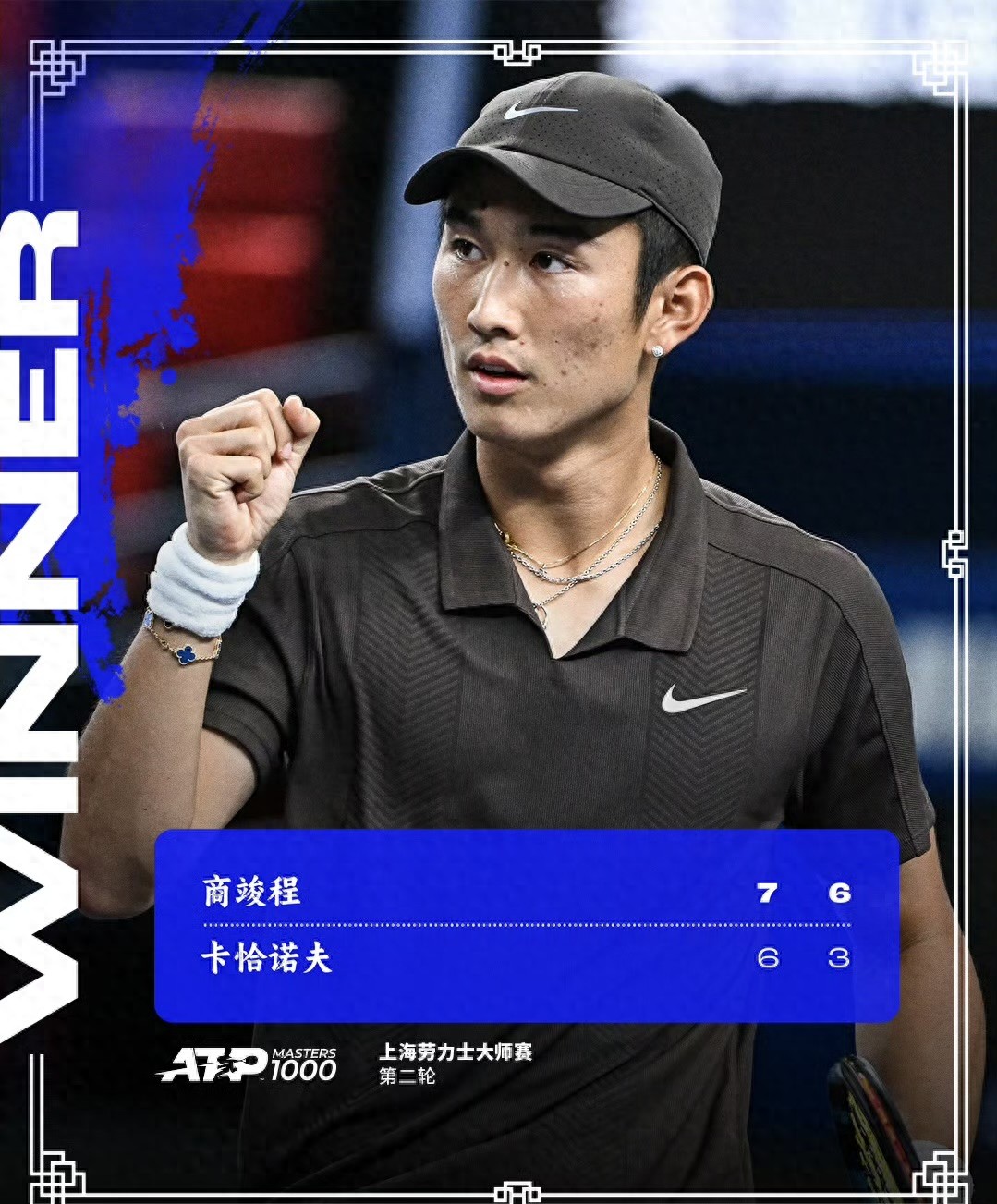
“Crossing the mental barrier,” Shang Juncheng said after the match. These brief five words reflect the bitter memory of his six straight defeats against top-10 players.
For every young player, the top 10 is like an invisible high wall. They not only possess superb skills but also have a commanding presence to control matches at crucial moments. Time and again, Shang stood before this wall, only to be pushed back repeatedly. That frustration is enough to shatter a young player’s confidence.Not to mention the foot surgery he underwent in March to remove bone fragments, which sidelined him for half a year. After returning, he suffered three straight losses in the North American season, and his ranking plummeted to a career-low 257. He failed to defend his title in Chengdu and exited early in Beijing, facing waves of criticism. But Shang chose to persist. He maintained intense training, believing his hard work would eventually pay off.
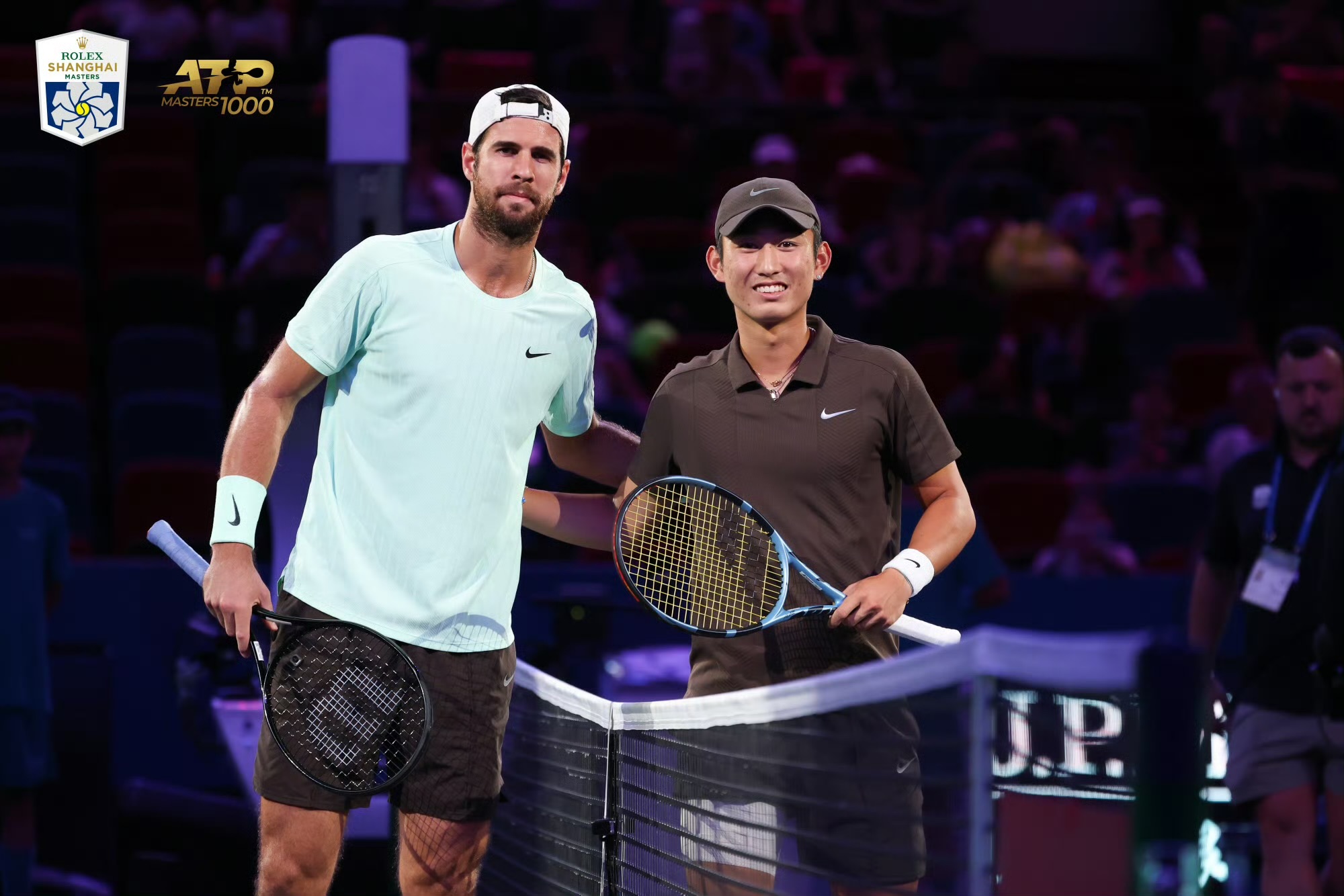
What touched people most about his victory over Khachanov was Shang Juncheng’s performance at crucial moments.
In the first set tiebreak, he completely shed the nervousness he used to feel against top players, playing decisively and confidently. Leading 6-3, he gave his opponent no chance to recover and cleanly closed out the set point. At that moment, people no longer saw the hesitant young player in key points but a fighter daring to show himself when it mattered most.
In the second set, he fully unleashed his potential, securing the win 6-3 against the powerful ninth seed.
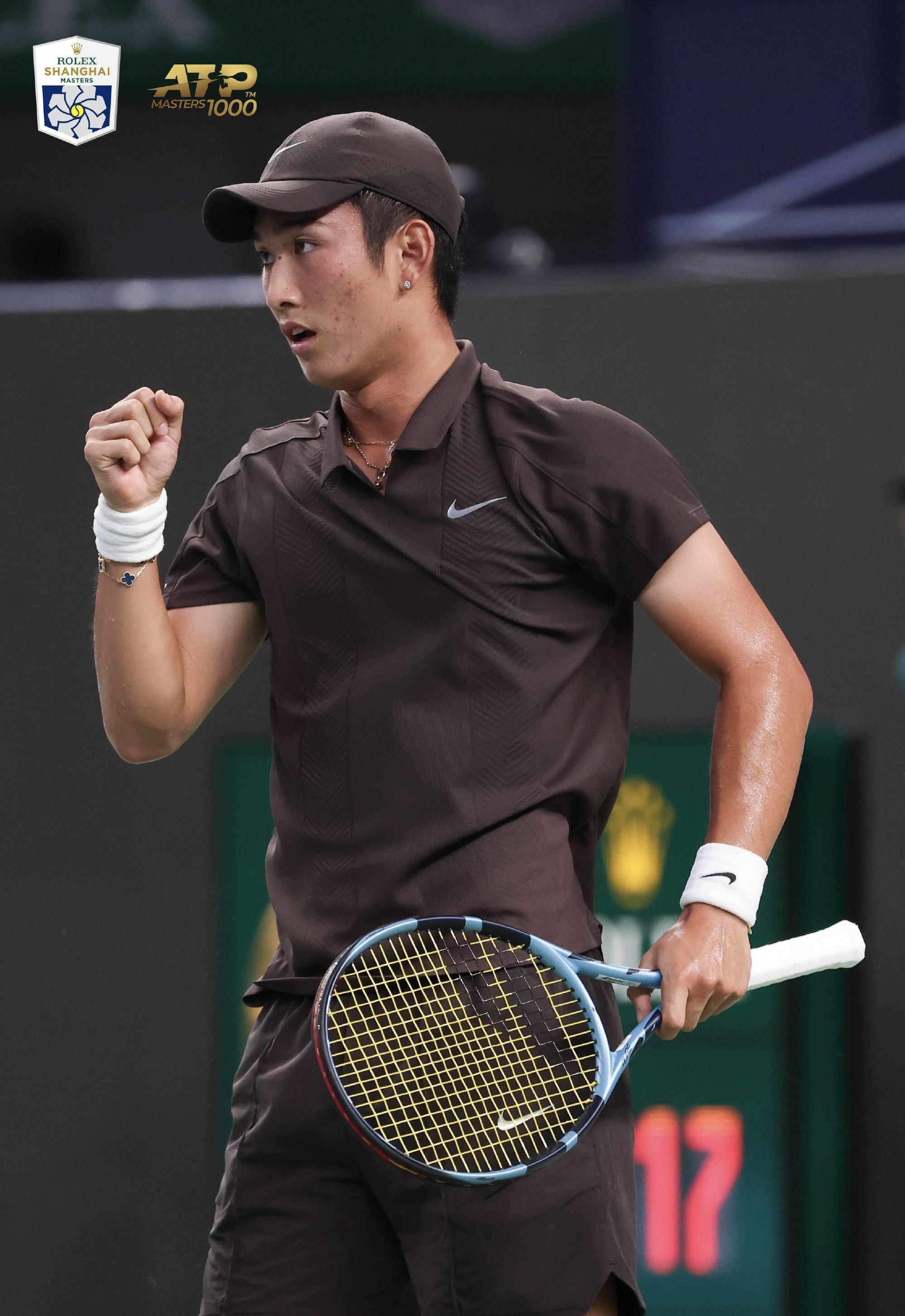
This victory made Shang Juncheng the fourth male player from mainland China, after Wu Yibing, Zhang Zhizhen, and Bu Yunchaokete, to defeat a top-10 opponent. He reached the round of 32 at a Masters event for the first time, earning 50 ATP points and jumping from rank 237 to 215 immediately.The $60,400 prize money not only set a personal record for his highest single-match earnings but also served as the best reward for his perseverance and courage.
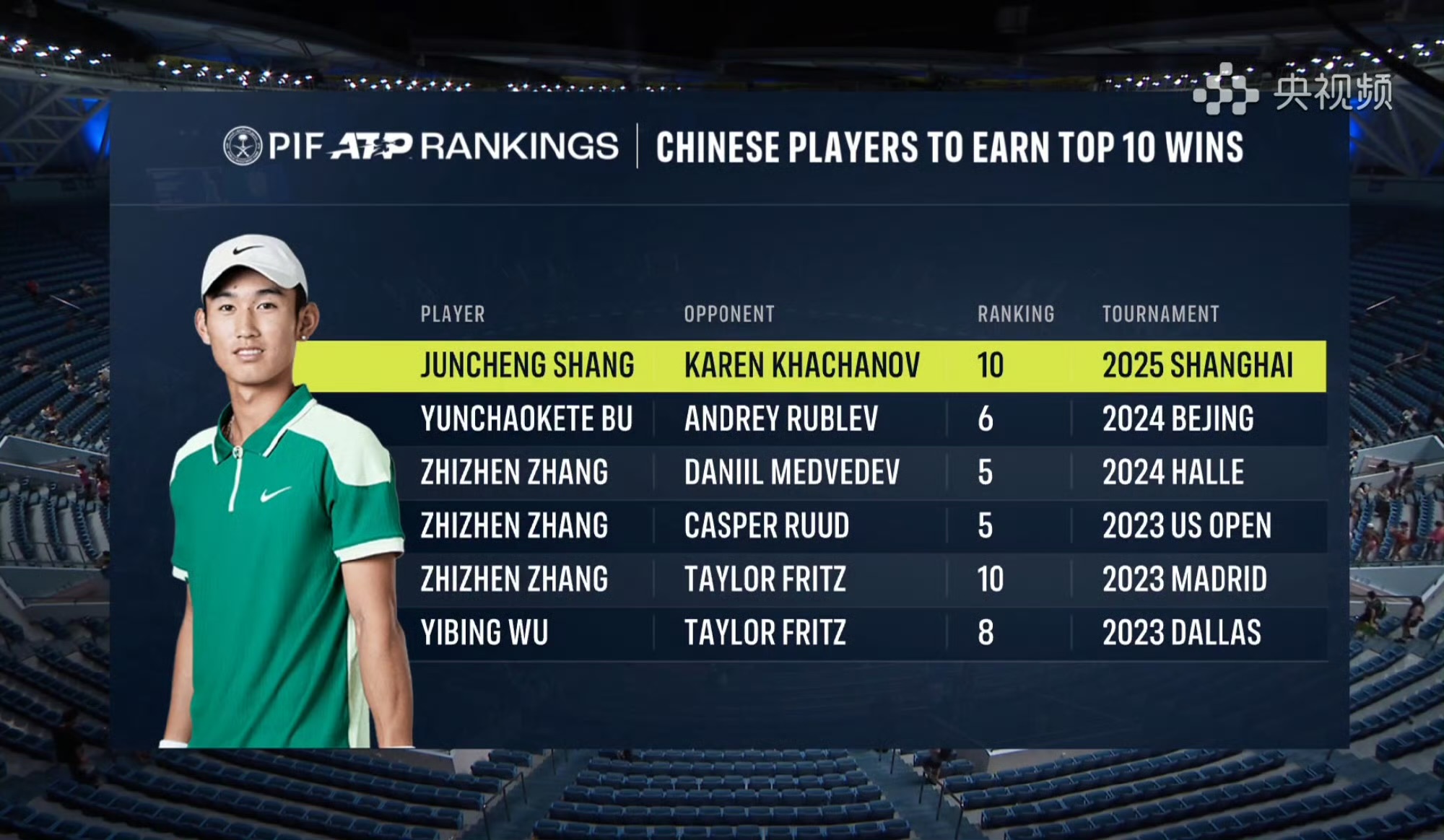
More importantly, it rebuilt his confidence. “When in good form, I can beat anyone,” he said after the match. Behind this statement lies the young player’s regained belief and passion. Once he truly trusts his abilities, the future of his tennis career will become much clearer.
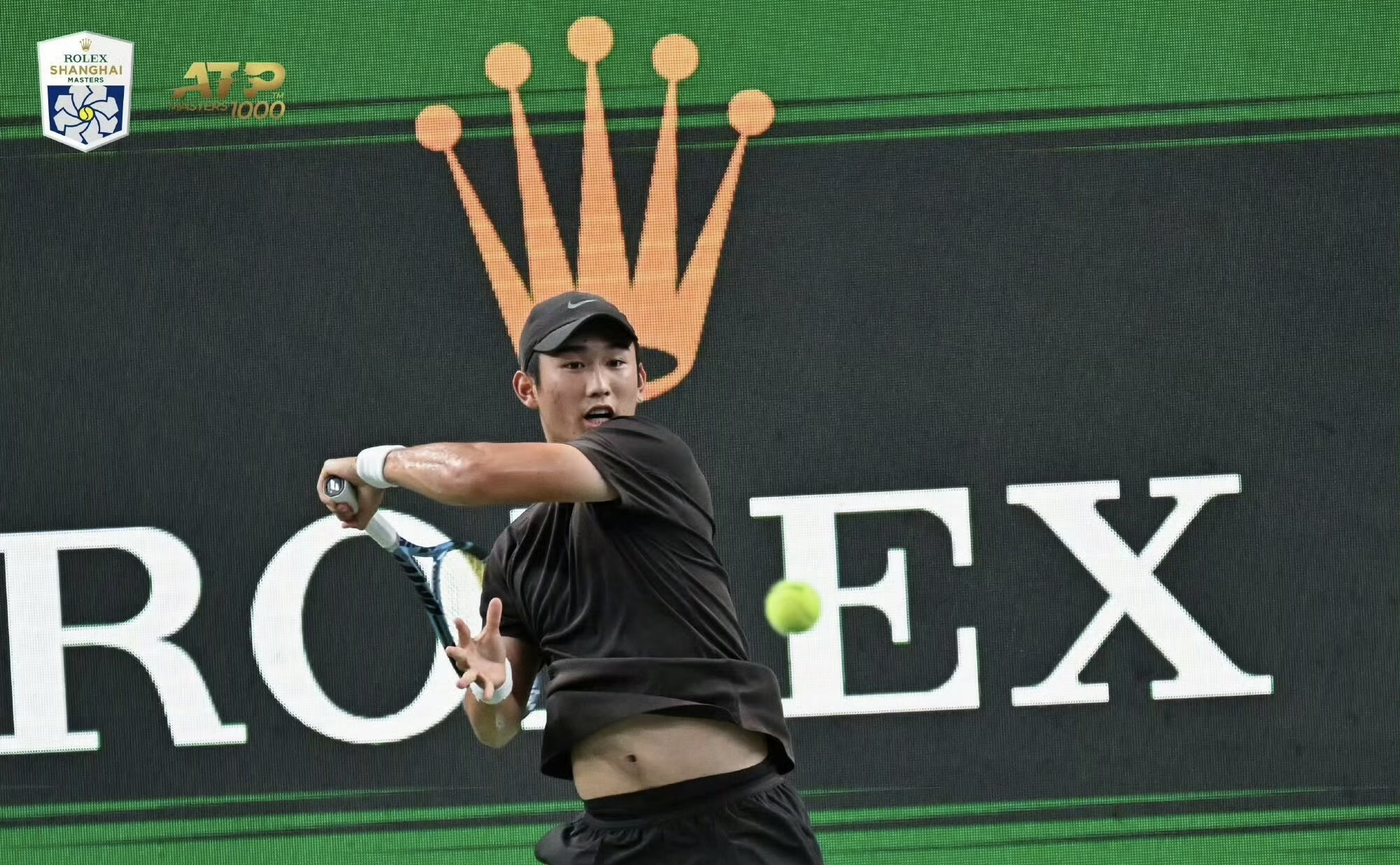
Shang Juncheng’s victory is not an isolated event. Following breakthroughs by compatriots Wu Yibing and Zhang Zhizhen, Chinese men’s tennis is undergoing an unprecedented collective leap forward.Each Chinese player’s breakthrough helps remove mental barriers for those who follow, proving that Chinese male players can also stand on the world tennis stage. This collective progress is far more valuable than any individual success.
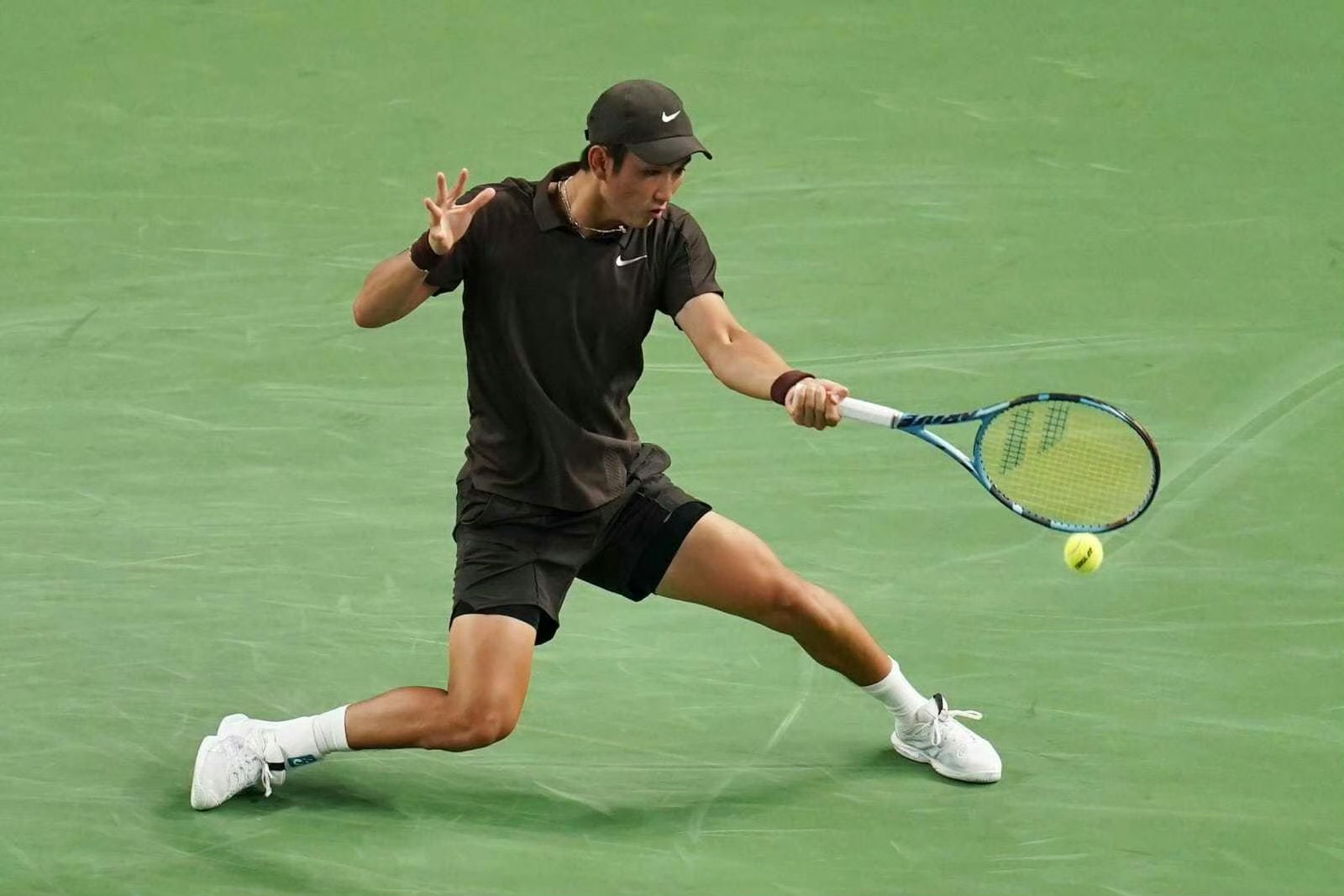
From the difficult recovery after surgery, through the losing streak in the North American season, to gradually warming up during the Chinese season, Shang Juncheng has traveled a thorny path. Now in Shanghai, he has finally reached the brightest moment of his career so far.
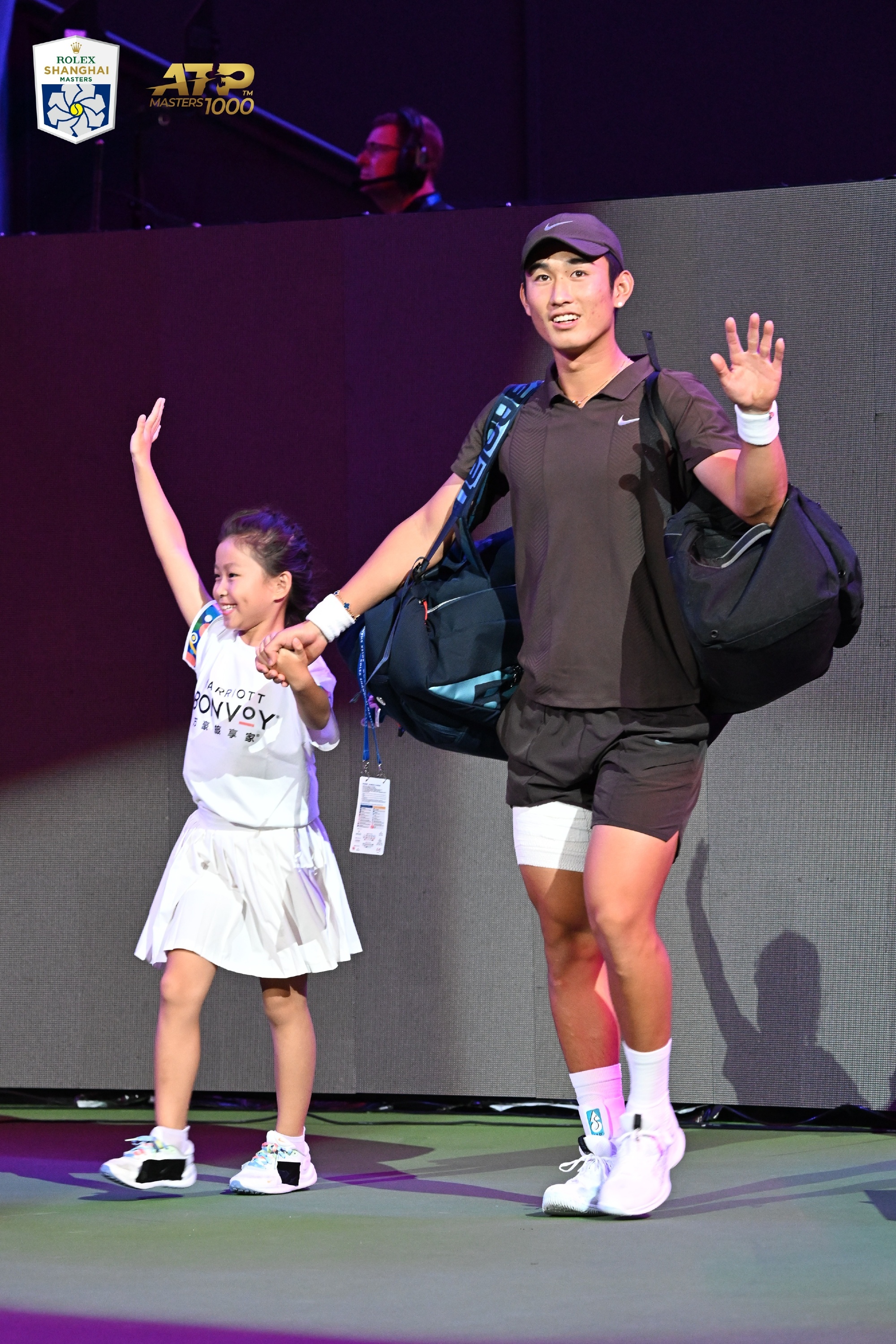
In the third round, he will compete against Portuguese player Borges for a spot in the last 16. Regardless of the outcome, he has already proven his ability to beat top players and shown the world that Chinese tennis has a promising future.
This victory represents not only overcoming a mental barrier but also a self-affirmation. When Shang Juncheng shattered his inner demons, he saw not only an improved ranking and prize money but also a tennis sky that belongs to him.Overcoming hardships, finally seeing the stars. This 18-year-old rising star’s tennis journey has only just begun to shine.(Source: Tennis Home Author: Mei)







 Links
Links
 Contact
Contact
 App
App


